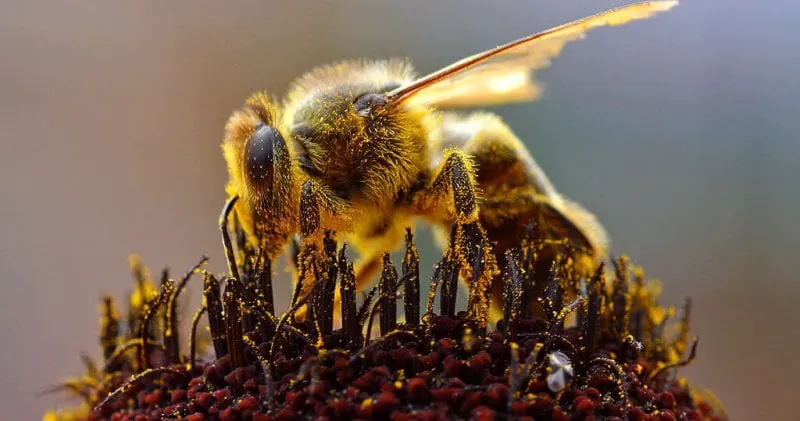Viewpoint: How do pesticides impact bees? Influential University of Illinois entomologist Mae Berenbaum calls for approvals to include pre-release real-world monitoring
Viewpoint: How do pesticides impact bees? Influential University of Illinois entomologist Mae Berenbaum calls for approvals to include pre-release real-world monitoring


Whether a pesticide is toxic to bees or not would seem to be a straightforward question, easily resolved in science laboratories using standard assays and techniques.
But honey bees aren’t in any way “standard” insects economically, culturally, or biologically.
The steadily increasing numbers of active ingredients in use by growers over time raises the likelihood that toxins will be consumed together, increasing the potential for synergism, interactions that can make a combination of chemicals more toxic than the sum of their individual toxicities.
…
Several bee researchers, including Harry Siviter at the University of Texas in Austin, have called for an overhaul of how pesticides are regulated, following the lead of agencies that oversee approval of new drugs – post-license monitoring for signals of real-world problems as the final step in the regulatory process (called proactive pharmacovigilance by the pharmaceutical industry).
In other words, pesticides, like drugs, should be tested in the real world prior to widespread release to uncover synergistic interactions, unanticipated problems with delivery systems, and every other issue that has led to lawsuits for more than a century.
Achieving this level of oversight, based on decades of lessons learned the hard way about pesticide risks, would be worthy of future headlines indeed.
This is an excerpt. Read the original post here.

 | Videos | More... |

Video: Nuclear energy will destroy us? Global warming is an existential threat? Chemicals are massacring bees? Donate to the Green Industrial Complex!
 | Bees & Pollinators | More... |

GLP podcast: Science journalism is a mess. Here’s how to fix it

Mosquito massacre: Can we safely tackle malaria with a CRISPR gene drive?

Are we facing an ‘Insect Apocalypse’ caused by ‘intensive, industrial’ farming and agricultural chemicals? The media say yes; Science says ‘no’
 | Infographics | More... |

Infographic: Global regulatory and health research agencies on whether glyphosate causes cancer
 | GMO FAQs | More... |

Why is there controversy over GMO foods but not GMO drugs?

How are GMOs labeled around the world?

How does genetic engineering differ from conventional breeding?
 | GLP Profiles | More... |

Alex Jones: Right-wing conspiracy theorist stokes fear of GMOs, pesticides to sell ‘health supplements’




 Viewpoint — Fact checking MAHA mythmakers: How wellness influencers and RFK, Jr. undermine American science and health
Viewpoint — Fact checking MAHA mythmakers: How wellness influencers and RFK, Jr. undermine American science and health Viewpoint: Video — Big Solar is gobbling up productive agricultural land and hurting farmers yet providing little energy or sustainabilty gains
Viewpoint: Video — Big Solar is gobbling up productive agricultural land and hurting farmers yet providing little energy or sustainabilty gains Fighting deforestation with CO2: Biotechnology breakthrough creates sustainable palm oil alternative for cosmetics
Fighting deforestation with CO2: Biotechnology breakthrough creates sustainable palm oil alternative for cosmetics Trust issues: What happens when therapists use ChatGPT?
Trust issues: What happens when therapists use ChatGPT? California, Washington, Oregon forge immunization alliance to safeguard vaccine access against federal undermining
California, Washington, Oregon forge immunization alliance to safeguard vaccine access against federal undermining 30-year-old tomato line shows genetic resistance to devastating virus
30-year-old tomato line shows genetic resistance to devastating virus The free-range chicken dilemma: Better for birds, but with substantial costs
The free-range chicken dilemma: Better for birds, but with substantial costs ‘You have to treat the brain first’: Rethinking chronic pain with Sanjay Gupta
‘You have to treat the brain first’: Rethinking chronic pain with Sanjay Gupta
